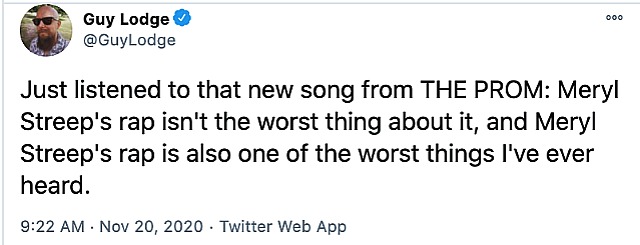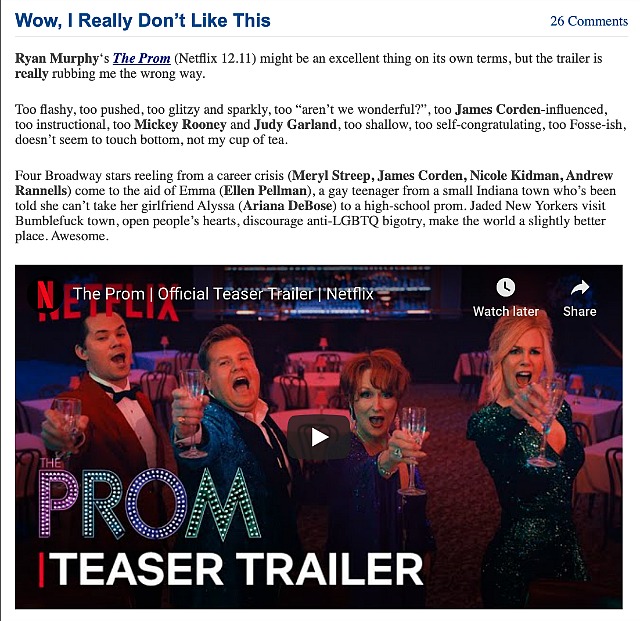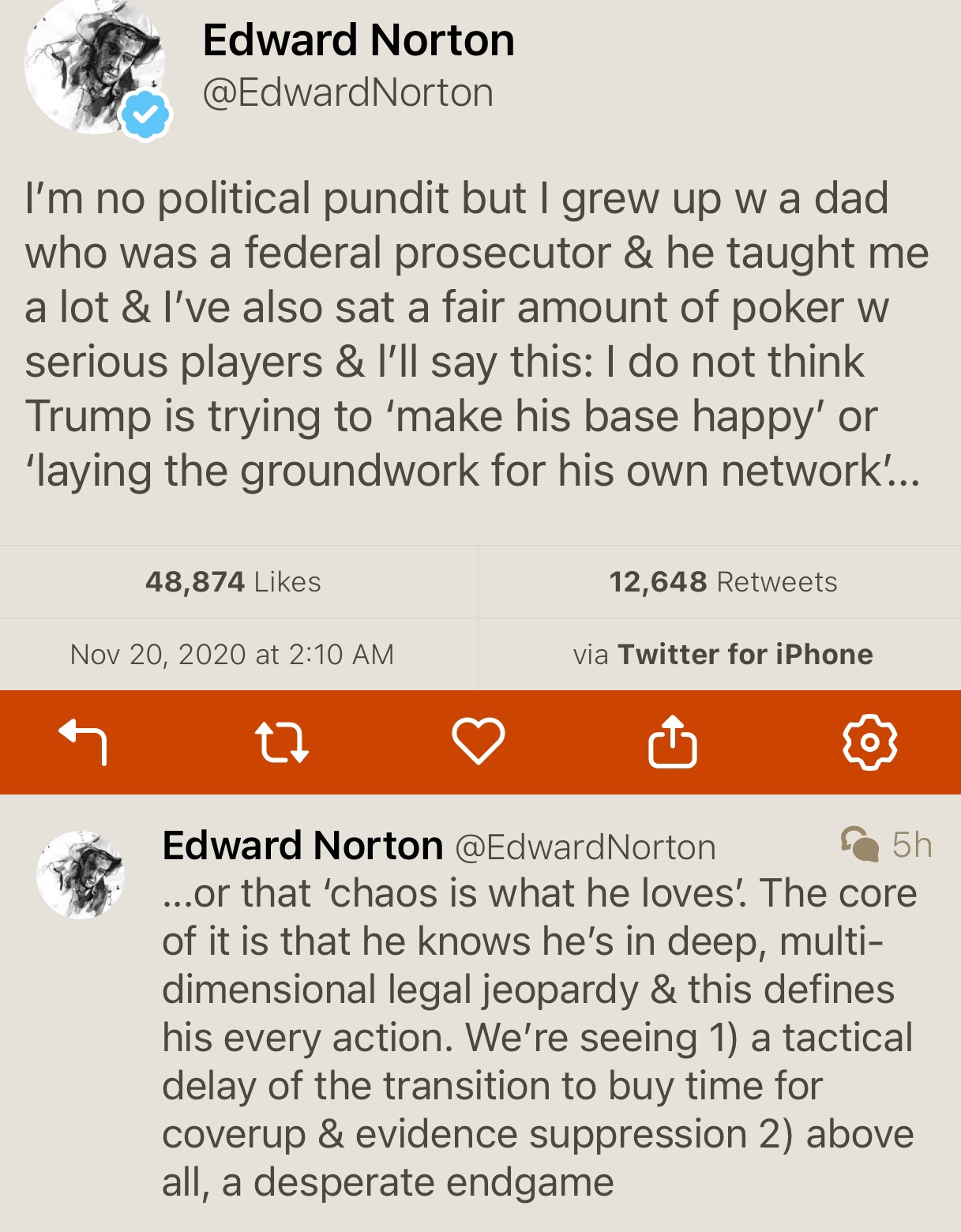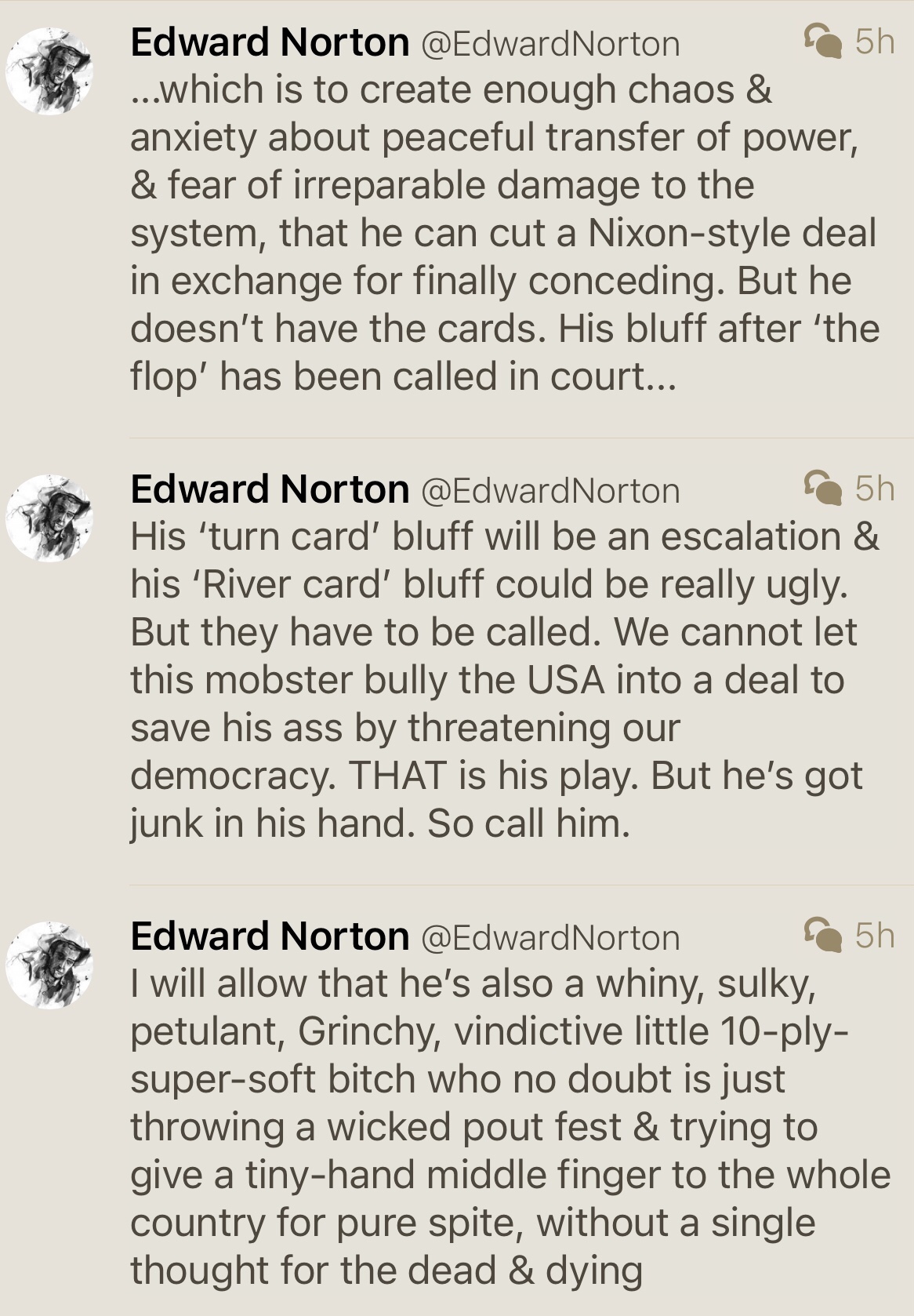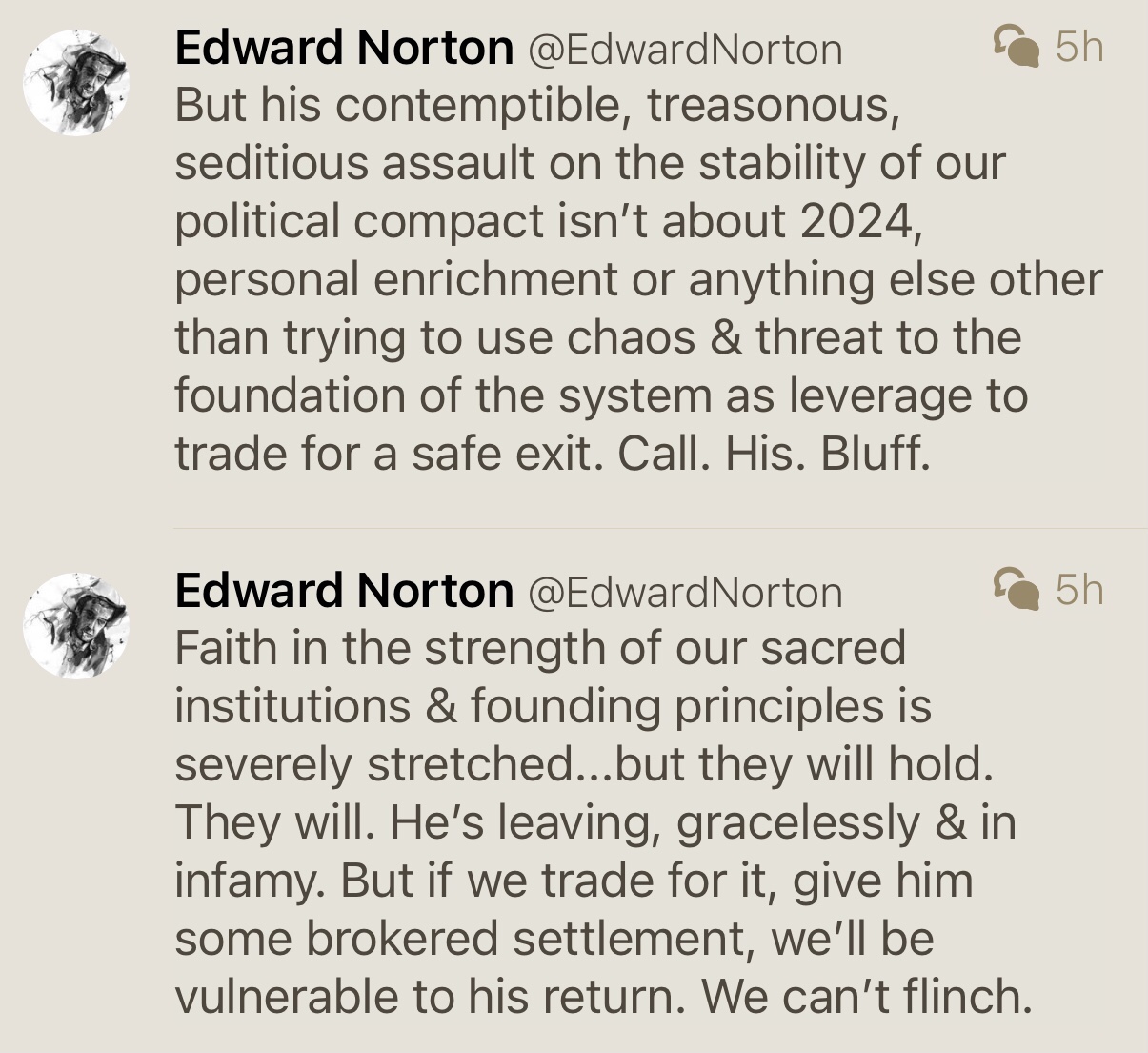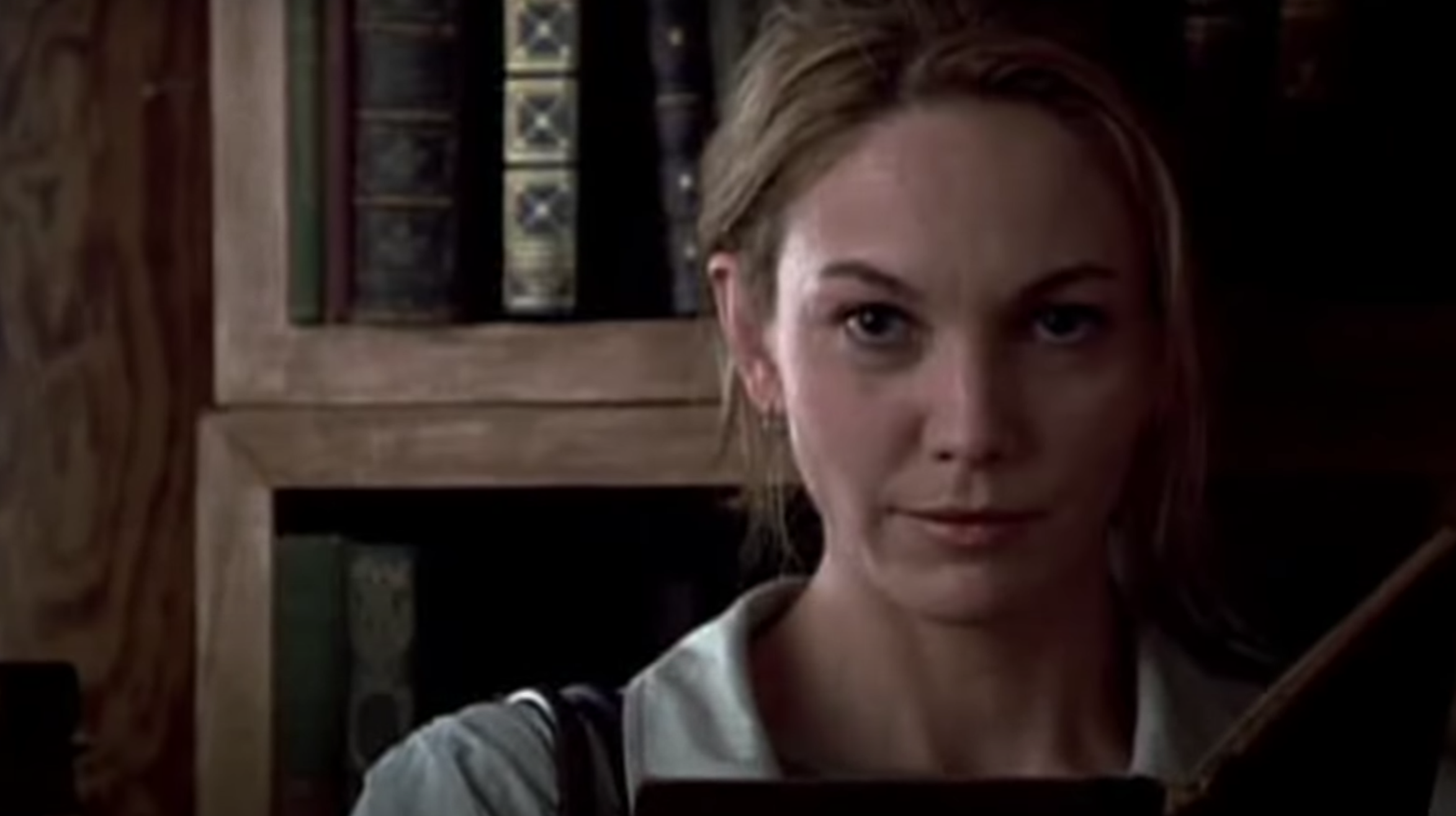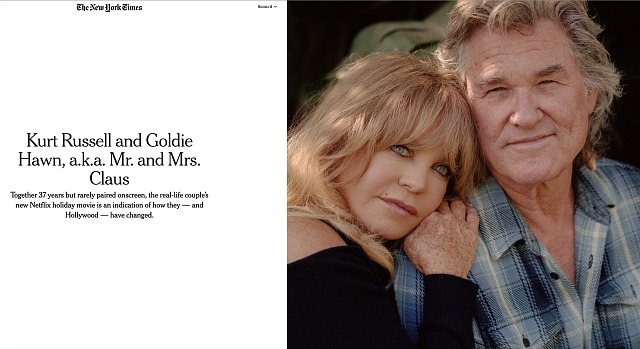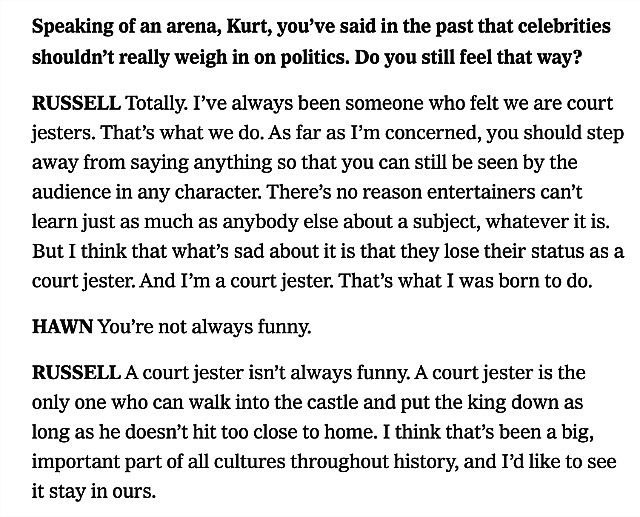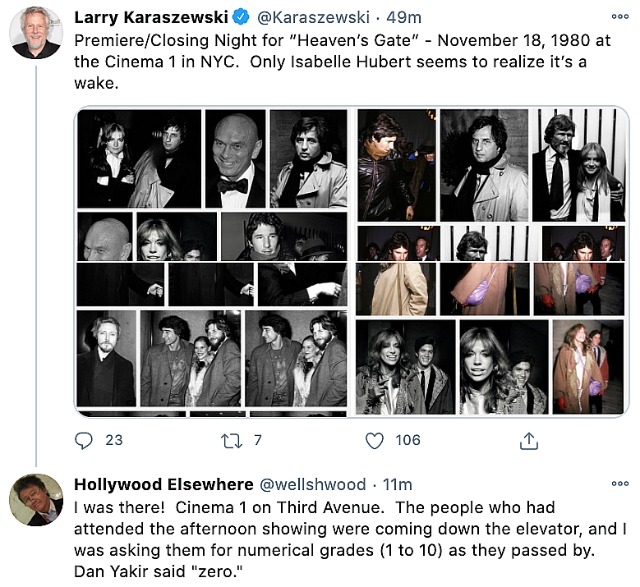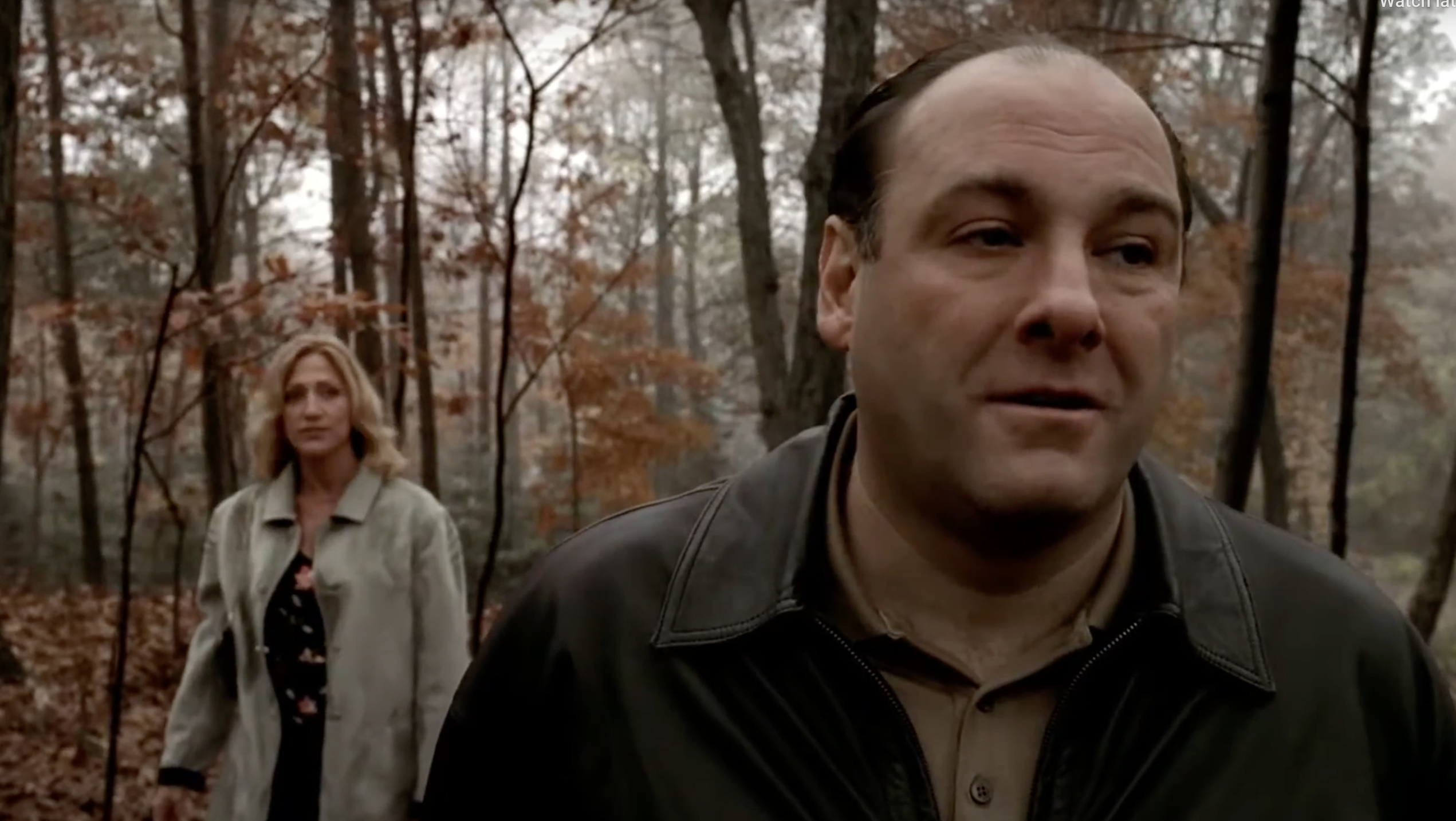An hour ago I came across a photo of a guy I used to know in Westfield, New Jersey, a leafy and well-tended middle-class town that I struggled and suffered in for years before we moved to Wilton, Connecticut. And a couple of musty memories began to seep through.
The Westfield guys I hung with were into sociopathic group sadism as a kind of macho-pecking-order thing — a way of separating the wheat from the chaff. Somebody was always getting picked on. It was a kind of hazing ritual, the idea being to put someone’s feet to the fire and see how they’d hold up. Or something like that.
I never understood this damn game, but mockery, isolation and occasional de-pantsing (a gang of guys would literally hold a victim down and pull his pants off and leave him to walk home that way) were par for the course.
Anyway, five or six of us were all crashing in a beach house one weekend, sleeping on side-by-side mattresses in an upstairs rec room of some kind. And I recall waking up around 5 am because a couple of guys had slipped a tray or two of ice cubes inside the sleeping bag of another guy, and when he woke up he was so cold his voice was shuddering…he literally couldn’t speak clearly because he couldn’t stop shaking and trembling. He was standing near the foot of my mattress and berating the assholes who had ice-cubed him. Believe it or not but this kind of thing was par for the course.
After a while I went back to sleep. It was around 8 am when I was awakened with a hot foot — two or three large kitchen matches had been placed between my toes as I slept and then lit. I woke up with a shriek. (Or was it a howl?) I literally levitated off the mattress.
Posted on 2.19.18: The Westfield High School climate was hellish, no question. I suppose on some level it sharpened or toughened my game, but I think I suffered from a kind of PTSD for a couple of years after our family moved to Wilton, Connecticut.
In ’06 I passed along a story of drunken teenage vomiting during a long-ago weekend party at a New Jersey shore vacation home. It belonged to the parents of Barry, a nice-enough guy I knew and occasionally hung with during my mid-teen years when I lived in Westfield, New Jersey. A bunch of us had driven down there and partied without anyone’s parents knowing, especially Barry’s. No girls, no music to speak of — just a lot of beer and ale and vodka and everyone stumbling around.
During this weekend a big, dark-haired guy named Richard Harris had been chosen as the latest victim. He had thrown up on the floor of Barry’s beach home, and so he had to be punished. Much later that night (around 1 am) we found a dead mouse in a mouse trap, so we threw the corpse into a pot of boiling water and put it under the sheets of a bed Harris was sleeping in. He woke up five or ten seconds later and bellowed “get the fuck outta here!”
A half-hour later we went outside and shifted Harris’s Chevrolet into neutral and pushed the car down the neighborhood street about three or four blocks. We were all sitting around the next morning. Harris walked in through the pantry door, glaring like a gladiator and saying “where’s my fucking car?”
Read more
